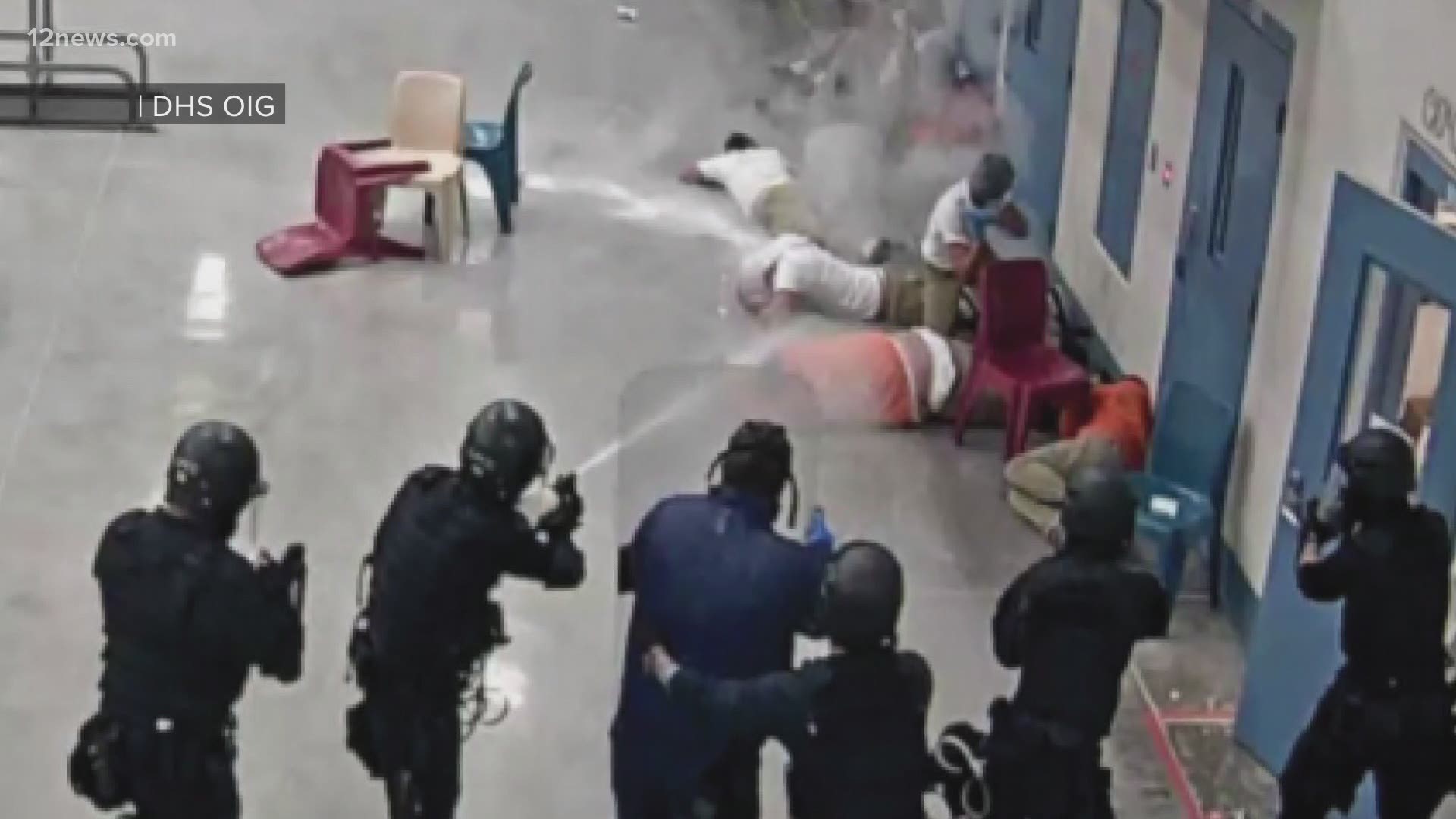
It’s no secret that it’s been really tough to be a retailer in a post-pandemic world. Inventory shrink, or a loss of goods due to shoplifting, fraud, and errors is at an industry-wide high. It’s getting harder to hire and keep retail workers, as low wages, demanding hours, difficult customers and workplace violence make roles wholly unappealing.
And crime and violence are on the rise. A recent Retail Workplace Survey by Loss Prevention Magazine indicates that 60% of retail workers saw some form of violence on the job over the past 12 months.
Of all of the retailers hit by a rising tide of crime, Walmart may be hit the hardest. The largest retailer in America has locations within 10 miles of 90% of the population. It’s a cheap and convenient place to shop. But that’s also what’s hindered it.
“Theft is an issue. It’s higher than what it has historically been. We’ve got safety measures, security measures that we’ve put in place by store location . . . I think local law enforcement being staffed and being a good partner is part of that equation, and that’s normally how we approach it. If that’s not corrected over time, prices will be higher, and/or stores will close.” ~Walmart CEO Doug McMillon
According to journalist Jena Warburton, that premonition proved to be true. Just halfway through 2023, 22 Walmart stores had closed as of June. Four of those stores were in Chicago alone (eight were in Illinois).
Some of those fundamental business challenges are violent and nonviolent crimes in more populous or urban areas. It’s also why two Atlanta-based Walmart locations closed, after suspected arson permanently shuttered both the Howell Mill Road and Vine City locations.
Walmart is now planning to reopen the Vine City location – with a major upgrade.
WALMART RE-OPENS ATLANTA STORE WITH POLICE SUBSTATION
While the Howell Mill Road Walmart will remain permanently closed, Atlanta Mayor Andre Dickens said the former Vine City Supercenter will reopen with a pharmacy, grocery store, and police station to help combat crime and better serve the neighborhood.















